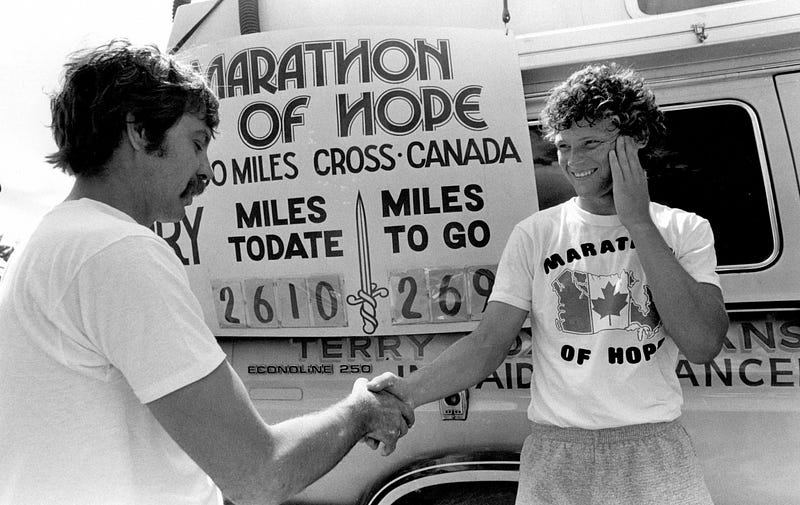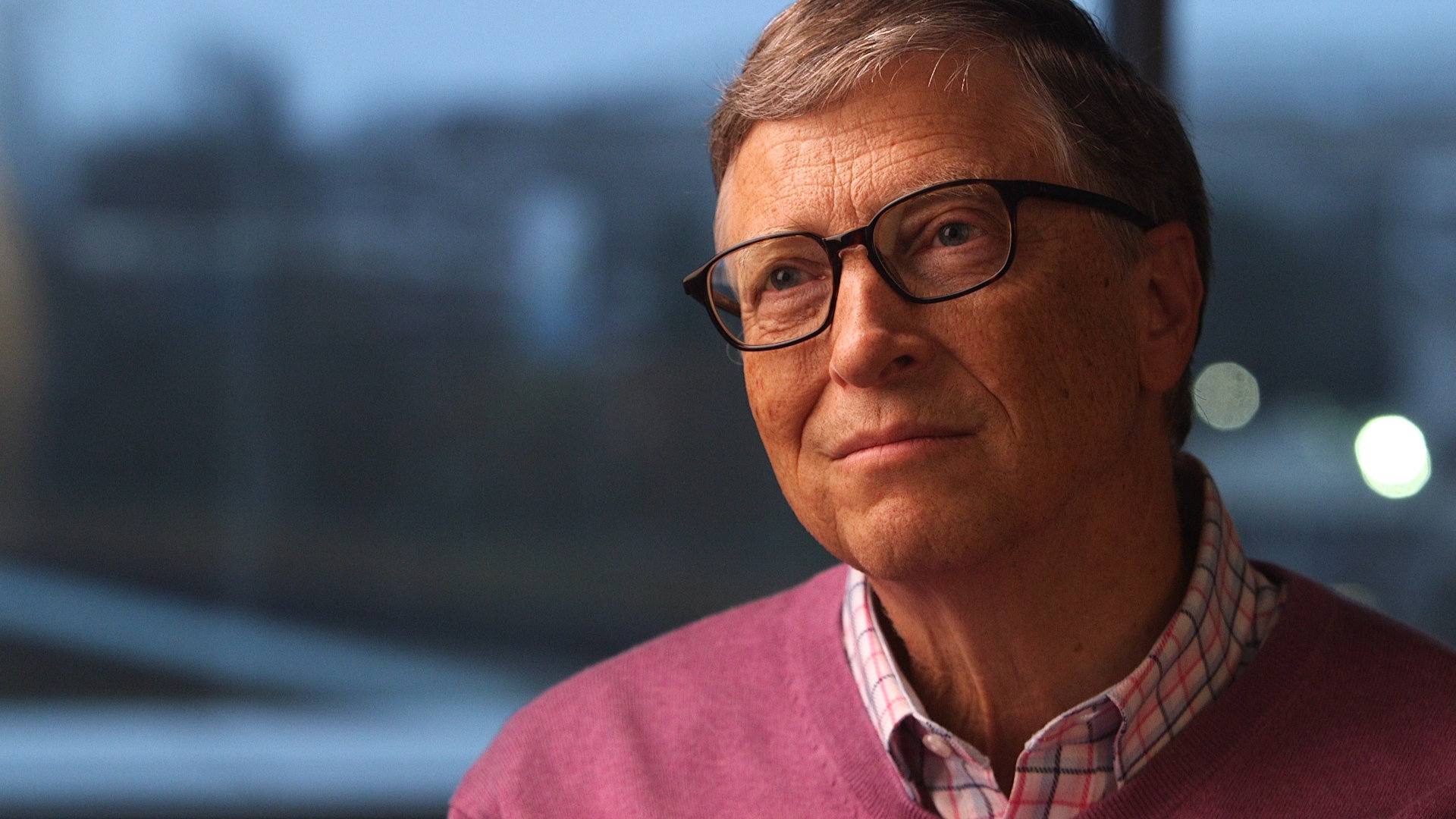For a long time I have been fascinated by how some people are able to accomplish phenomenal feats in life while others with better talents are not. I wrote a book to explore the many aspects of this phenomenon, but one aspect warrants taking a closer look at the success stories of our time. That aspect is “privilege.”
Whether or not the popular media chooses to reveal it or hide it, this is the element that’s common in virtually all success stories. The dictionary definition of privilege is “a special advantage or authority possessed by a particular person of group.” It often manifests itself in the form of a special right or immunity granted to that person or group, helping them accomplish disproportionately higher goals or meeting tough challenges.
The “Other” Factor
For his book Outliers, Malcom Gladwell interviewed Bill Gates. Gates acknowledged that unique access to a computer at a time when computers were not commonplace helped him succeed. Without that access, Gladwell states that Gates would still be “a highly intelligent, driven, charming person and a successful professional,” but that he might not be worth US$50 billion. What Gladwell did not mention is that Gates’ mother happened to be on the board of directors of IBM with access to the whole of the company, and not just an ordinary daughter of wealthy businessmen.
Pick up any success story of this day and age, and you will find the element of privilege implied in the narrative of how the dragon of fear was slayed and how insurmountable challenges were overcome with sheer determination and a passion to win. For obvious reasons, the millionaires who have the moral courage to admit that they are indeed products of privilege are few and far between.
Not to undermine the real struggles all successful people go through, those who enjoy some form of privilege have the necessary means to overcome challenges early. This allows them to set the bar higher in terms of what they want to achieve within a lifetime. Those who are not so lucky but highly driven to emulate the privileged few continue to eke out the last bit of inspiration from the latter group’s breathtaking stories of grit and perseverance, often resulting in a never-ending struggle to become like them.
The Privilege of Disadvantage
Sometimes my friends jokingly say to me that just being unemployed for six months got me all the press. As a newcomer to Canada, I had a hard time finding work. While I went up the learning curve and finally landed a job, I mentored other newcomers on job search strategies. This got me some attention. However, I have no qualms about admitting that I used my disadvantage as my privilege, albeit unknowingly. Canadian media is always on the lookout for rags-to-riches stories of sorts and it just so happened that they found a story in me and ran with it.
Mine is not a one-off case. I am awe-struck by how common the privilege of disadvantage has become these days. From gender to socioeconomic factors, we see people using their perceived disadvantages as their entitlement to success. This takes away so much from millions of talented, hardworking and goodhearted women and men who struggle day and night but either out of oblivion or as a conscious choice, decide not to use their disadvantage as justification to demand more.
I am a strong proponent of going out of the way to support disadvantaged demographic groups and take them along as the society progresses as a whole. I created a whole social enterprise to do just that. Any systemic intervention or policy-making to achieve this end is commendable. However, letting our collective consciousness redefine the meaning of merit is something I have hard time assenting to. Notwithstanding the scenarios where disadvantage or a track record of overcoming disadvantages may be considered a factor that constitutes merit, we must uphold merit as the primary criterion in all other cases.
Use of Blame and Moral Indignation to Create a False Semblance of Disadvantage
If we are not careful as a society, this novel type of privilege can take more sinister forms. Some people have taken the “privilege of disadvantage” to a whole new level; they have created a semblance of disadvantage by climbing the pedestal of bigoted but popular worldview. If you want to be seen as a hero, turn to confront your antagonist.
Tom Wolfe said, “One of the things that I find really makes it worth watching all the Academy Awards, all the Emmys, all those awards ceremonies, is to see how today’s actors and television performers have discovered the formula. If you become indignant, this elevates you to the plane of intellectual. No mental activity is required. It is a rule, to which there has never been an exception, that when an actor or a television performer rises up to the microphone at one of these awards ceremonies and expresses moral indignation over something, he illustrates Marshall McLuhan’s dictum that ‘moral indignation is a standard strategy for endowing the idiot with dignity.’”
As a result, we have seen elections where people prefer to vote for candidates who have been previously convicted for crimes but belong to disadvantaged group and are hence seen as more deserving, over candidates who are a product of privilege but known to be morally upright. I have seen more unjust decisions made this way only in recent times than I can count on my fingers. I have seen competent individuals being passed over for promotion or coming short of getting the job offer not because they lacked merit but because the employer found another more “deserving” candidate.
I bet some of you feel sorry for me. Well don’t. having an artificial leg has its advantages. I’ve broken my right knee many times and it doesn’t hurt a bit. ~Terry Fox

Conversely, there are heroes like Terry Fox who did not use their disadvantage to get anything for themselves but become heroes by what they did despite their disadvantage.
In Closing
Whether it emanates from advantage or disadvantage, privilege goes against the very essence of a liberal and progressive society — justice and equality. The idea is not to look down upon people who have achieved success due to a privilege they enjoyed but also not to discredit those who might not have been able to achieve “success” but have struggled long and hard to reach where they are. As I wrote somewhere;
Do not judge my success by the destination I reached but by the distance I traveled.
The only exception to the above is where long distances have been traveled quickly by using unfair means only to hide behind disadvantage to establish entitlement.
So the next time you see a success story, look closer and there might be reasons for the success that go beyond talent, hard work and grit. Similarly, next time you hear someone beat the drum about how they deserve special treatment because they have been wronged or are disadvantaged, use your critical thinking to decide whether these factors are worth ignoring merit for.
© Majid Kazmi 2018
Majid Kazmi is an entrepreneur, community leader and board member based in Toronto. He is a Partner & Co-founder at uGen Group (www.ugen.ca), and the Co-Founder & CEO of Valu Ventures Inc. (www.valuventures.ca). He is a former Board Member at Toronto Workforce Innovation Group and H2O4ALL. Kazmi tweets as @MajidKazmi1. Click here to see his personal website.


